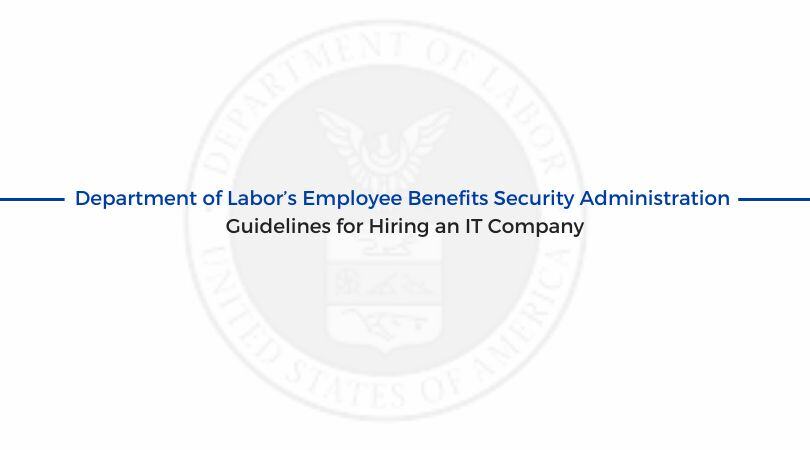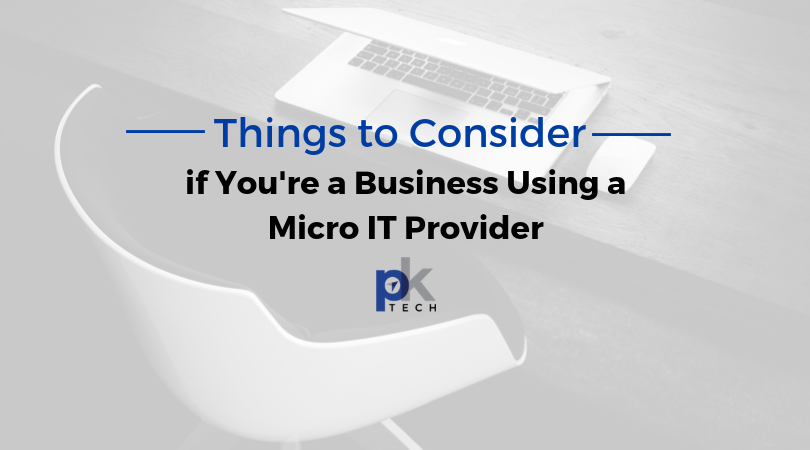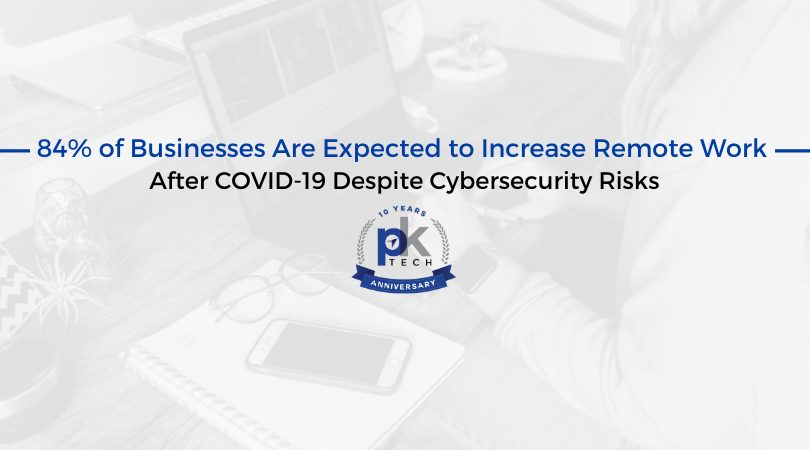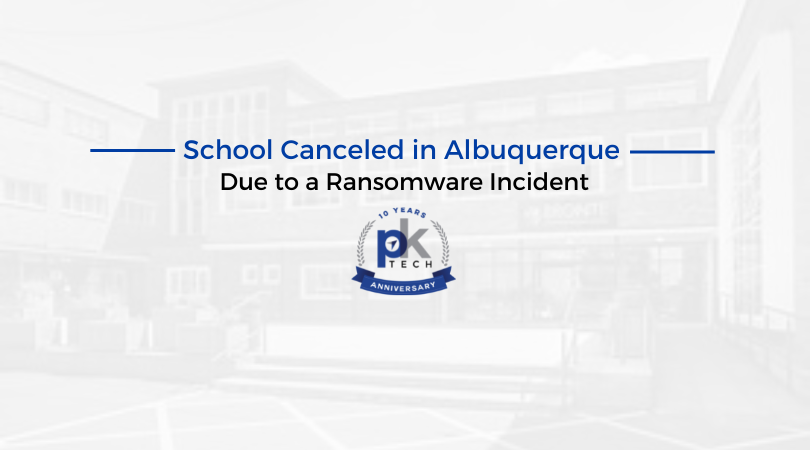Things to Consider if You’re a Business Using a Micro IT Provider
Like many small businesses, you’ve likely started out using a friend or family member, individual contractor, micro-sized IT provider, or depended on...
2 min read
Megan Schutz : Updated on November 5, 2024

In today’s technology-driven business landscape, selecting the right IT company is crucial for the success and efficiency of any organization. To ensure service providers follow strong and up-to-date cybersecurity practices, the Department of Labor’s (DOL) Employee Benefits Security Administration (EBSA) provides guidelines that plan sponsors, plan fiduciaries, record keepers and plan participants should follow when hiring (reference). Here’s a comprehensive overview to help you navigate through the complexities of hiring an IT company in accordance with DOL standards.
As a basic summary of the DOL guidelines, refer to these key questions when vetting an IT company.
When it comes to hiring an IT company, you can follow a list of standards and recommendations, but without proper verification, how do you know that an IT company is who they say they are?
Lucky for you, the world of cybersecurity has several verifications and certifications that managed IT service providers can complete to assess and prove their legitimacy. This includes certifications such as MSP Verify.
MSP Verify is an exclusive third-party audited certification through Cyber Verify. PK Tech is one of only 3% of MSPs worldwide that have successfully achieved this certification. Those MSPs with the Cyber Verify certification service both Small & Medium Businesses (SMB), mid-market, and enterprise clients, including organizations across many vertical markets, including financial services, banking, healthcare, education, legal, government, and more.
In the verification process, it’s reasonable to ask your prospective IT company which certifications they may hold or inquire about specific certifications that are important to your industry.
By aligning your IT company selection process with the Department of Labor guidelines, you not only prioritize cybersecurity but also reduce the risk of legal and financial ramifications if and when a breach occurs. This approach ensures that your organization partners with an IT company that upholds the highest standards of cybersecurity and compliance.
To read the full Department of Labor Guidelines release, click here.
To get in touch with PK Tech, contact us here.

Like many small businesses, you’ve likely started out using a friend or family member, individual contractor, micro-sized IT provider, or depended on...

Despite established cybersecurity risk from work from home status, the majority (84%) of US organizations plan to broaden their work from home...

Snow day for Albuquerque schools? Nope, we’ll call it a “ransomware day.”